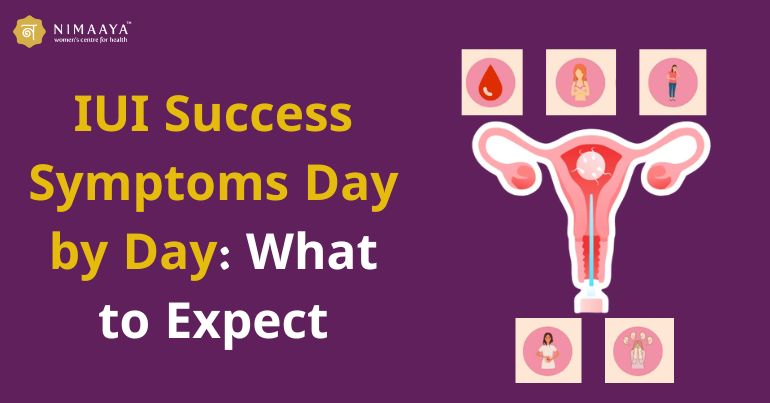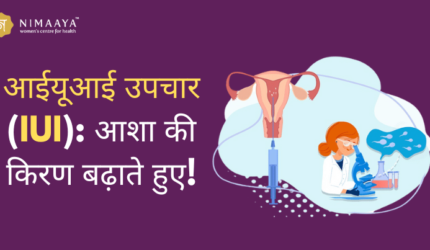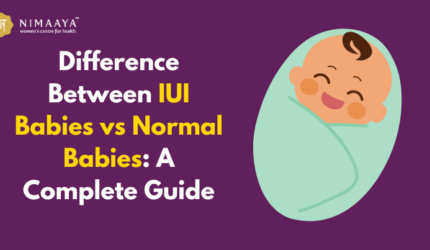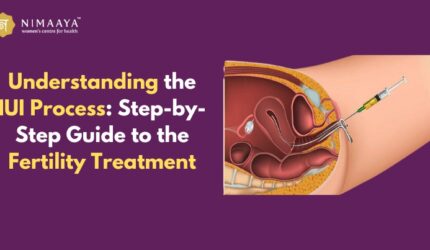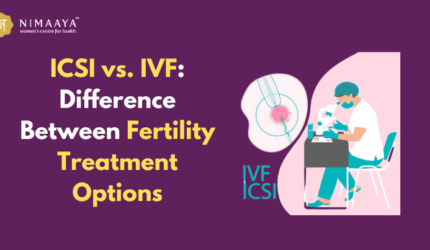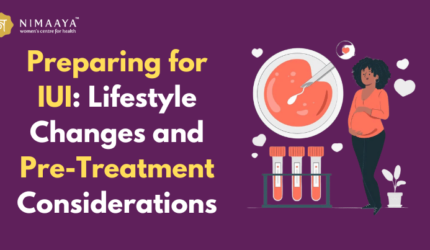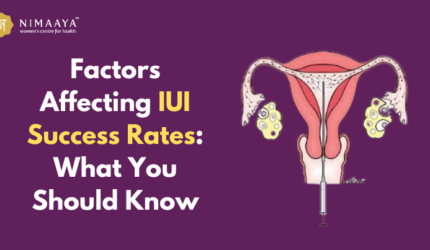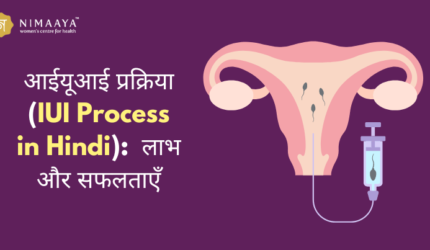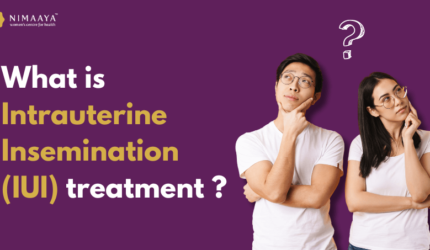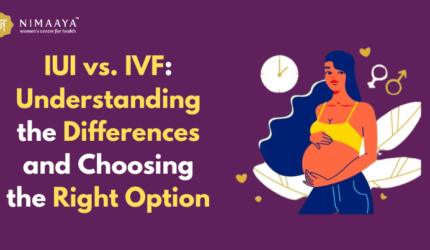IUI comes with one very big promise: it has been named as a technique that can enhance the probability of fertilization by putting prepared sperm directly into the uterine cavity of a woman at ovulation. The two-week wait after IUI (abbreviated as TWW) is a roller coaster of feelings for couples trying to conceive, comprising anticipation, hope, and anxiety. During this time, many women might keep a close eye out for any abnormality in their bodies, hoping that it may be an indication of pregnancy. But as every lady reacts differently, going over the possible IUI success symptoms day by day can clear some clouds of confusion and lay the groundwork for expectation.
From the inside out, this article scientifically keeps track of every possible symptom that can be noticed day-wise post-IUI; that is, the biological changes happening inside the body.
An IUI Crash Course
Before we jump directly into the symptom timeline, let’s take a little time and discuss what might happen during IUI:
- Stimulating Ovulation: The doctor might invoke drugs such as Clomid, Letrozole, or gonadotropins to stimulate the ovaries, depending on the circumstances.
- Foolproof Monitoring: Ultrasounds and blood tests fortify knowing the best time for insemination.
- Semen: Sperm is washed, prepared, and concentrated for motility and quality.
- Insemination: Remaining sperm is passed into the uterine cavity through the cervix via a thin catheter.
- Two-Week Wait (TWW): It is during these two weeks that fertilisation, implantation, and the coming forth of symptoms, if any, occur.
IUI Success Symptoms Day by Day Timeline
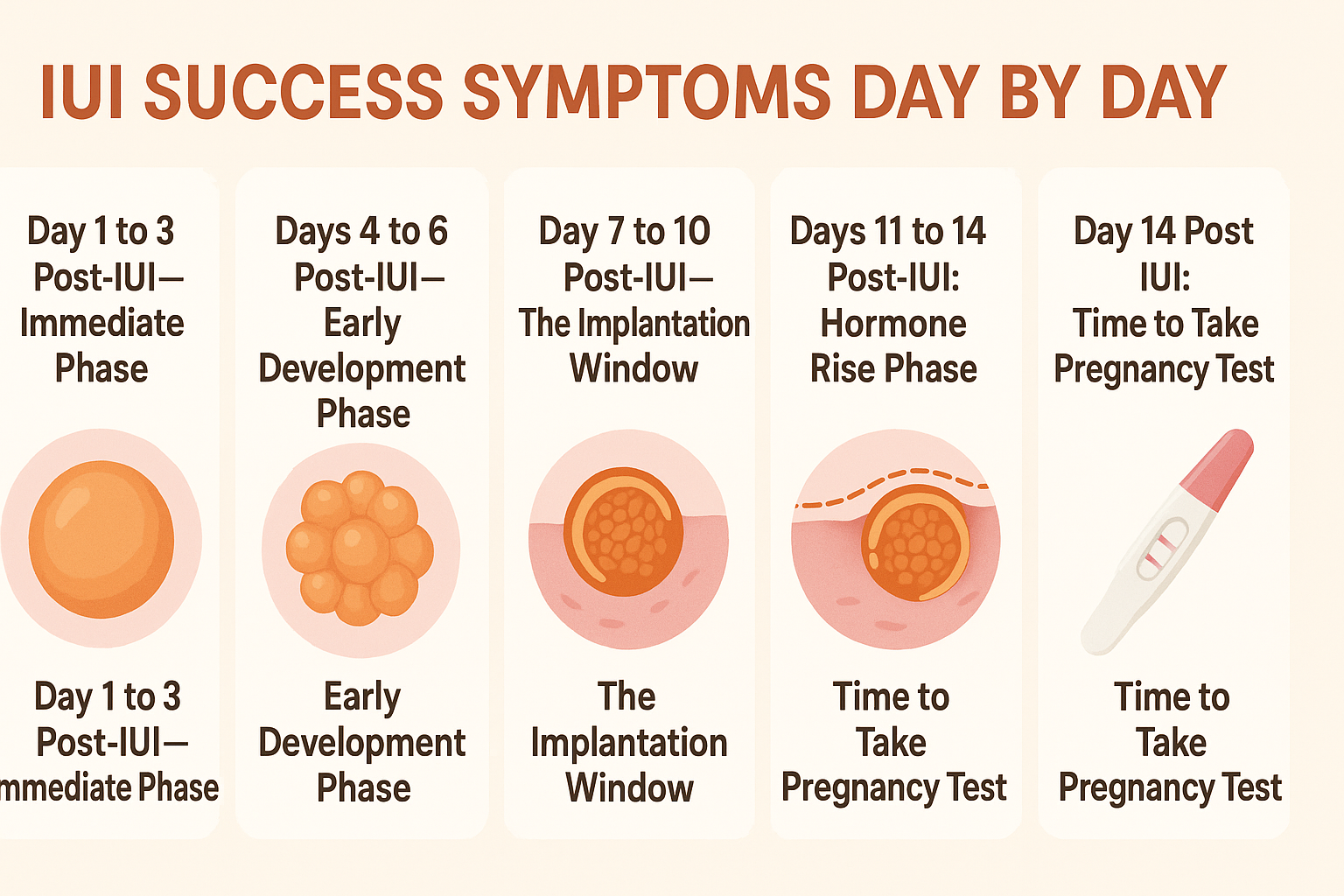
Day 1 to 3 Post-IUI—Immediate Phase
What Happens?
- Sperm meets egg (fertilization might take place within 6-12 hours after IUI).
- The fertilized egg keeps on dividing and moving towards the uterus.
Possible Symptoms:
- Mild cramping or spotting may occur due to the IUI procedure.
- Slight bloating since ovulation was induced.
- Breast tenderness due to progesterone.
Note: These early signs are often due to the IUI process and medications rather than pregnancy.
Days 4 to 6 Post-IUI – Early Development Phase
What Happens?
- The fertilized ovum (now a blastocyst) continues its trek toward the uterus.
- On Day 6, the embryo prepares to undertake implantation.
Possible Symptoms:
- Fatigue.
- Mood swings that go with the hormonal changes.
- Continue to have pressure in the breasts.
Note: Symptoms at this moment are more likely due to the effects of progesterone or other medications.
Day 7 to 10 Post-IUI–The Implantation Window
What Happens?
- From day 7 to day 10 post-IUI, the implantation period is usually considered.
- The embryo attaches itself to the uterine lining.
Possible Symptoms:
- Implantation spotting: Light pink or brown spotting (not all women experience this).
- Mild cramping resembling menstrual cramps.
- Heavy feeling in the breast or fullness.
- Increased fatigue.
- Nausea or food aversion (very rare but possible from early hcg secretion).
Note: This is a very critical window when some women start noticing pregnancy-like symptoms; however, these symptoms can still be confused with those of PMS.
Days 11 to 14 Post IUI: Hormone Rise Phase
What Goes On?
- The levels of hcg (the pregnancy hormone) rise is a signs of successful implantation after IUI
- Progesterone keeps on functioning in support of the uterine lining.
Possible Symptoms:
- Feelings of nausea or morning sickness.
- Heightened sense of smell.
- Metallic taste in the mouth.
- Breasts become sore and swollen.
- Increased frequency of urination.
- Bloating.
- Mood swings or a heightened emotional state.
- Potential headache or dizziness.
Note: These symptoms could also resemble signs of early pregnancy, but further confirmatory tests are required.
Day 14 Post IUI: Time to Take Pregnancy Test
What Goes On?
- In case of pregnancy, there should be hCG in the blood or urine in detectable amounts by this time.
Recommended Action:
- Most clinics tell you to take a beta hcg blood test on Day 14 post-IUI so you get the most reliable answer.
- You can seek the answer through tests at home, too. Just make sure the blood test is the one you rely on.
Possible Symptoms:
- The so-called ‘clear pregnancy’ signals mentioned above.
- Or some would not be able to feel anything. Few women do feel normal, but are already pregnant.
Things to Remember
1. Symptoms Induced by Medicine vs. Symptoms of Pregnancy
During the TWW, a lot of IUI success symptoms day by day are often indistinguishable from those caused by the administration of progesterone support medication or natural progesterone. These include tender breasts, bloating, fatigue, and mood swings.
- False Positives and Testing Too Early
Because of the possible trigger shots, such as hcg injections administered before the IUI, testing too early can give a false-positive result. The trigger shot takes about 10 days to clear from the body.
- Every Woman is Different
Some women do not feel any symptoms at all. No symptoms do not mean failure, and early symptoms do not guarantee an actual pregnancy.
What happens after IUI
Case 1: No Symptoms Until After the Positive Test
Some women report feeling no different during the TWW and were quite surprised that they tested positive.
Case 2: Implantation Spotting and Pregnancy Confirmed
Some light spotting was experienced on Day Nine post-IUI, with pregnancy confirmation to follow.
Case 3: PMS-Like Symptoms Mistaken for Pregnancy
Universal reports of severe PMS symptoms were manifested by pain and bloating. These women assumed that their IUI had failed, but in fact, they were pregnant.
Tips to Follow During the 2ww After IUI
- Keep Busy: Engage in hobbies, work, or anything interesting to keep your mind occupied.
- No Testing: Hold off on testing until the scheduled Day 14 to prevent issues and letdowns.
- Drink Water and Eat Clean: Do your part towards supporting your body naturally.
- Rest: Allow your body to gain strength to support the possibility of pregnancy.
- Avoid Stress: Try meditation, light stretching, or deep breathing.
When to Call Your Doctor
When the cramps or bleeding are mild, and how normal it is in some cases, you should call your fertility specialist when the following appear:
- Heavy bleeding.
- Severe cramping or sharp abdominal pain.
- High fever or chills.
- Allergic reaction to medications.
Some Common Myths About IUI Success Symptoms Day by Day
Myth 1: All women will bleed during implantation.
Truth: Only about 20 to 30% of women report some implantation spotting.
Myth 2: Any or severe cramping is a sign of IUI failure.
Truth: Mild-to-moderate cramping is normal and may even accompany implantation.
Myth 3: Absence of symptoms signifies failure.
Truth: Some pregnancies commence symptomless; symptoms alone cannot be a reliable guide.
Explanation of IUI Success Symptoms Day by Day
- Hormonal Surge: Some rising levels of estrogen, progesterone, and eventual hcg bring about Early pregnancy symptoms after IUI.
- Immune Modulation: The body gently shifts its immune response in a way that favours embryo implantation and growth, thus sometimes resulting in tiredness or mood swings.
- Uterine Activity: Implantation could be the cause behind mild uterine spasms or slight contractions felt as cramps.
When Does the Body Start to Produce hcg?
- After successful implantation (between Day 6 and Day 10), the embryo starts hcg secretion.
- Levels double about every 48-72 hours in early pregnancy.
- By Day 14 post-IUI, most blood tests may detect hCG levels above 25 miu/ml, confirming pregnancy.
Final Thoughts: Be Kind to Yourself
The TWW is one of the hardest conditions in fertility treatment contexts like IUI. Have kindness towards yourself; do not obsess about every symptom, twinge, or sensation. Know that, though it is human to become hyper aware of the body; only a well-timed pregnancy test can render a definitive answer.
Remember that IUI success varies, and the presence or absence of symptoms is not a guarantee of outcome.
Conclusion
Intrauterine insemination is a hopeful journey for many couples, and understanding the IUI success symptoms day by day can offer a sense of control and knowledge. While the waiting phase can be challenging, focusing on well-being and following your doctor’s advice is key. Always remember that everybody is unique, and comparing your journey to others can be misleading.
For couples exploring IUI or experiencing multiple failed cycles, consulting an experienced fertility clinic can provide tailored guidance and support. Nimaaya IVF Centre, a renowned fertility center in India, offers personalized IUI and IVF services, ensuring compassionate care and state-of-the-art treatments. Their experienced team supports couples through every phase, from ovulation induction to the TWW, making the fertility journey smoother and less stressful.
FAQ
How soon after an IUI can you feel pregnancy symptoms?
Most women may not notice any true pregnancy symptoms until after implantation, which usually occurs 6-10 days post-IUI. Early symptoms like bloating or breast tenderness are often caused by progesterone supplements, not pregnancy itself.
How successful is IUI on the first attempt?
IUI success rate and symptoms vary based on age, fertility issues, and treatment protocols. On average, success rates per cycle are between 10% and 20%. Success may improve with multiple cycles or combined with ovulation induction medications.
Can emotional stress affect IUI success?
While stress alone doesn’t directly prevent conception, high stress levels can affect hormone balance and overall well-being. Managing stress through relaxation techniques can be beneficial during the TWW.
Does the absence of implantation bleeding mean IUI failed?
Not at all. Most women (about 70-80%) never experience implantation bleeding, yet go on to have healthy pregnancies. Its absence is not an indicator of failure.

